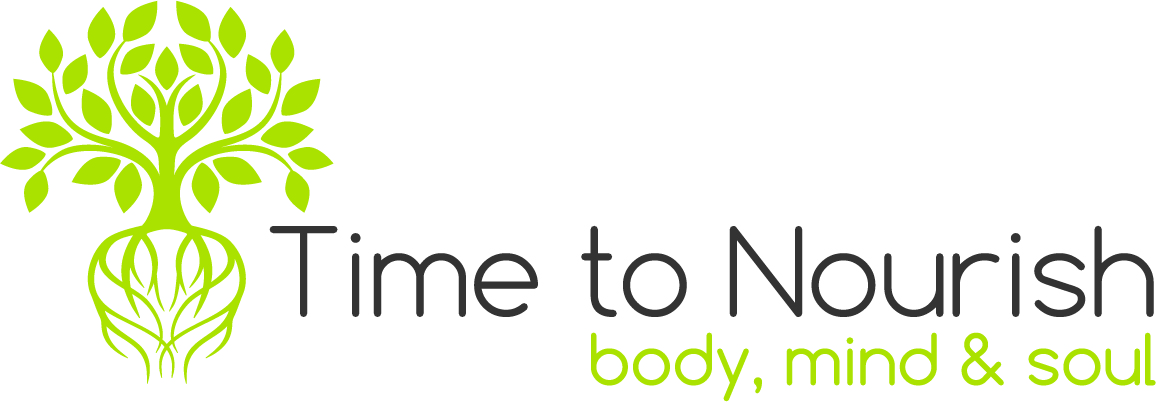Alcohol & Honesty – Am I brave enough?
It’s 11am January 3rd 2023 and I am 36 hours sober. Yes another year of Dry January for me.
So, we all have our vices and drinking is mine. No, I’m not an alcoholic, no I’m not alcohol dependant and no I do not drink everyday but I do like to drink and when I do I can put away rather a lot, I am well practiced. What do I mean by this because everyone has different limits, parameters, tolerance etc etc.
Well, laying my cards on the table – I’m a weekend binge drinker – there I said it! Friday and Saturday (sometimes Sunday) are my dinking nights, one would be a prosecco night (and no, I will not share my bottle, unless there is another one to hand) and the other a heavy red wine night when I share with hubby and at least 2 sometimes 3 bottles will be consumed.
Some may be shocked by this, some may think this is not so bad, it doesn’t really matter, what does matter is an understanding of what this consumption is doing to my body and my health. I think that many of us bury our heads in the sand about it – I know I certainly do, justifying it with ‘the rest of what I put in my body and my lifestyle choices are good so this does not matter’ – Well it does matter!! PS in the interests of being completely honest about my consumption, if it is a special occasion or party I can consume a lot more than previously stated!
Effects of alcohol on the body – long term and short term
State changer – choices/inhibitions
This is the first thing alcohol does and is probably the reason most of us enjoy it, it changes how we feel, it relaxes us and gives us a warm buzz, even a sense of euphoria or giddiness and this can happen even after just a glass. So why is one glass not enough? Because this feeling does not last long and we want to try and prolong it.
As we continue to drink we loose our inhibitions and ability to make the same choices we would normally make and our brain becomes less able to control our body leading to slowed or slurred speech, blurred vison, loss of co-ordination and stability and eventually loss of consciousness. For me this loss of control leads to overeating on unnecessary snacks!
Sleep
Many people use alcohol to help relax them and think it helps them sleep, the reality is that you may go into a deep sleep more easily, but this does not last and it is unlikely you will get a quality night’s sleep after consume alcohol. This is due to the affect alcohol has on heart rate, body temperature and blood sugar levels.
For me this is one of the effects I am fully aware of and I don’t like it. From a flippant perspective I get annoyed that I fall asleep and miss the end of a film I’m watching! On a more serious note, I often wake in the night with a racing heart rate and raised body temp and know I am not getting quality sleep and the alcohol is doing something to my body that is not beneficial.
Memory, concentration and mood
Memory is a big one for me and the older I get the worse it gets. Even with a relatively small amount of alcohol I find my memory the next day is very patchy! This is due the affect alcohol has on our central nervous system, reducing our brains ability to communicate with the rest of the body effecting our concentration, co-ordination, rational thinking and regulation of our emotions and long term can contribute to anxiety and depression for some people.
Liver
The liver is best known for its role in detoxifying, but this is not its only function, it is also responsible for producing proteins, cholesterol and bile as well as storing vitamins, minerals and glycogen (reserved carbs). Alcohol is a toxin and the body needs to break this down for elimination before it can deal with anything else and so the liver needs to work extra hard to do its job if you drink a lot in one sitting and means it is unable to perform its other functions efficiently while it is doing this.
Digestion & Gut health
Not the most obvious area that alcohol can impact, however a very important one as its consequences will truly affect your long term health. Alcohol can damage tissues in your digestive tract potentially impeding your ability to digest and absorb food effectively. It can also be the cause of some IBS symptoms such as gas, bloating, diarrhoea or constipation as well as haemorrhoids and ulcers. It will also alter the balance of bacteria in our large intestines reducing its diversity and its ability to support the body effectively, further impacting our brain health, digestion & weight management as well as our immunity – to name just a couple of its important functions.
Dehydration
Alcohol is a diuretic and so causes your system to remove fluid from your body through your renal system at a much higher rate and can lead to nausea, vomiting, headaches. It will also affect your skin, muscles, liver, kidneys and brain.
Sugar levels & Inflammation
The high content of sugar in alcohol should not be ignored and not just because of the ‘empty calories’ being consumed. It places a burden on our pancreas which is responsible for producing insulin to regulate safe blood sugar levels. In the long term if we are unable to manage our blood sugar levels this can lead to many complications including diabetes as well as chronic inflammation related to many other chronic diseases.
Are there any benefits?
There are reported benefits but not enough to out way the list above and are only of benefit if consumed in small amounts so the above risks are kept in check! Here are a couple:
- Red wine has been found to contain flavonoids and antioxidants which help fight oxidative stress and free radicals in the body which plays a role in managing inflammation. Just to note there are also many foods that have the same effect!
- Alcohol reduces the production of a protein called fibrinogen which helps the blood to clots to form so reduces the risk of ischemic strokes.
- Alcohol also increases your HDL cholesterol which helps to clear the LDL cholesterol promoting heart health.
Recommended levels of consumption
So what is the recommended ‘safe’ levels of alcohol consumption? According to the NHS the advice is:
- Men and women are not advised to drink more than 14 units a week on a regular basis
- Spread your drinking over 3 or more days if you regularly drink as much as 14 units a week
- Try to have several drink free days weeks
On that basis I don’t feel so bad about my drinking habit!! I think I am averaging 18-20 units a week. 1 bottle of 14% red wine is 10.5 units and a bottle of 11% prosecco is 8 units. I need to reduce the amount a little and reduce the regularity of these drinking nights – Why does it have to be every Friday and Saturday night I ask myself?
How do you measure up?
Supporting the body pre/post alcohol intake
The 2 main things we can do to help our bodies before and after consuming alcohol are:
Stay Hydrated
-
- Drinking lots of water and herbal teas. Drinking water along with alcohol consumption is very helpful too.
- Increase fruit and vegetables especially those with high water content eg cucumber, watermelon etc.
- Consume food and drinks which support electrolytes – potassium, calcium, sodium, magnesium, eg – banana, coconut water, greens, sweet potato, avocado, nuts & seeds, dairy, Himalayan or sea salt.
Liver support
There are many foods and drinks we can consume to support our liver and detoxification they include:
- Coffee and tea – especially green tea
- Grapefruit
- Blueberries & cranberries
- Grapes
- Beetroot and beetroot juice
- Cruciferous vegetables – broccoli, brussels, cauliflower etc
- Nuts
- Oily Fish
- Olive oil
Check out this months liver supporting recipe – Citrus Miso Roasted Brussels and Beetroot Salad.
Bottom Line
Alcohol has a wide reaching, mostly detrimental, impact on our body and its ability to function effectively and efficiently. So we need to be mindful and honest about our consumption and effect on our health short term and long term.
[/vc_column_text][/vc_column][/vc_row]



